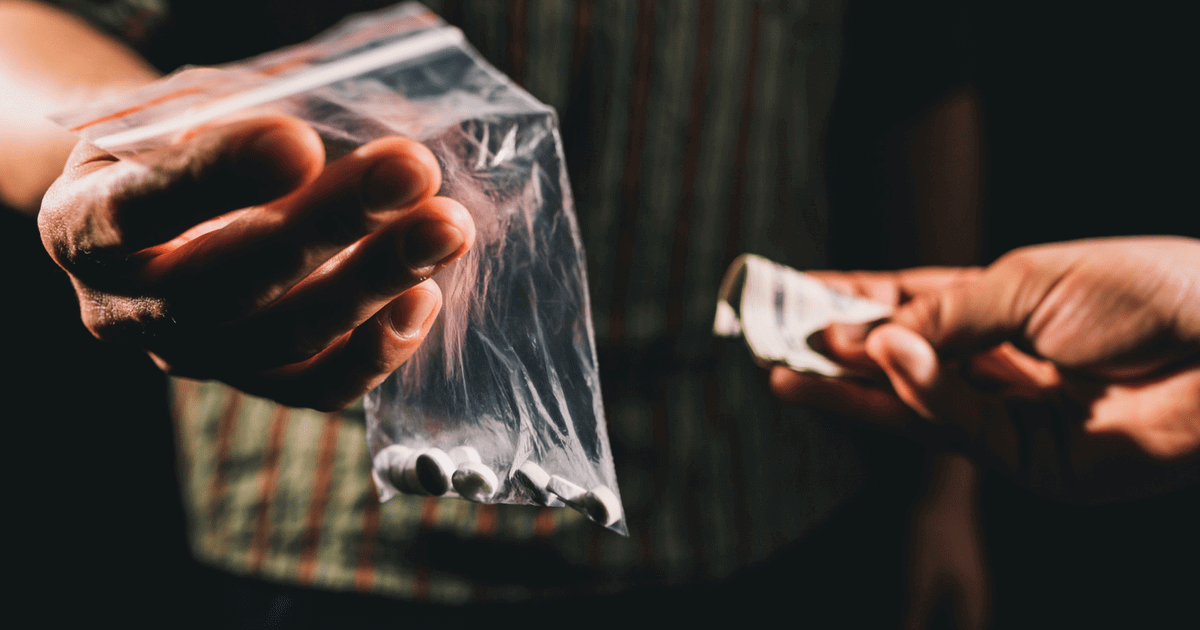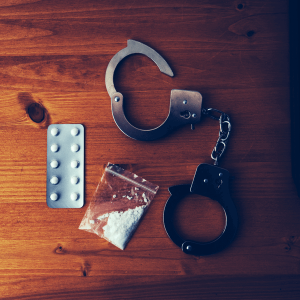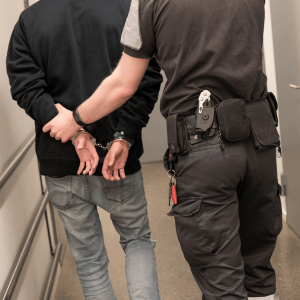
Cocaine, methamphetamines, heroin, and many other “controlled substances” are illegal in Illinois and getting involved with them can land you in serious legal trouble. State law has different penalties for different drug-related crimes and it is important for Illinois citizens to know and understand how the state defines these crimes. Here is the difference between drug possession, delivery, and trafficking in Chicago:
Possession: Carrying the Substance
Simply having any amount of a controlled substance on your person or in your residence can be enough to get you arrested and put on trial. The charges you face might be a Class 1 felony with decades in prison and hundreds of thousands in fines, or as low as a Class C Misdemeanor with up to 30 days in jail and a maximum fine of $1,500.
As with the other drug-related crimes under Illinois law, the severity of the penalty depends on the classification of the substance and the amount of it that is in your possession. Some controlled substances, including medications with small traces of narcotics, are considered “Schedule V.” They usually have some medical use and are least likely to be dangerous or capable of being abused. On the other side of the spectrum are Schedule I drugs, which have no medical use and are seriously unsafe. Examples include heroin and LSD.
Delivery: Distributing the Substance
 The definition of delivery, according to Illinois Statutes 570/102, is “the actual, constructive or attempted transfer of possession of a controlled substance, with or without consideration, whether or not there is an agency relationship.” Simply put, if you give someone a controlled substance, even if it is not in exchange for money, you could get charged for delivery. There is also the related crime of possession with intent to distribute, which is considered a much worse offense than mere possession with intent to use.
The definition of delivery, according to Illinois Statutes 570/102, is “the actual, constructive or attempted transfer of possession of a controlled substance, with or without consideration, whether or not there is an agency relationship.” Simply put, if you give someone a controlled substance, even if it is not in exchange for money, you could get charged for delivery. There is also the related crime of possession with intent to distribute, which is considered a much worse offense than mere possession with intent to use.
A Class 1 felony is generally the worst conviction you could get from possession, but with delivery, it is what you would likely receive if you are found guilty of delivering between 1 and 15 grams. If you try to distribute any more of a controlled substance than that, you commit a Class X Felony. This means receiving a mandatory minimum sentence with no chance of probation, no matter what the circumstances of your case may be.
Trafficking: Transporting the Substance
Statutes 570/401.1, also known as the Controlled Substance Trafficking Act, states that anyone knowingly involved in bringing a controlled substance into the state “for the purpose of manufacture or delivery or with the intent to manufacture or deliver [it] … is guilty of controlled substance trafficking.” You can be charged if you arrange for the transport of the drugs or if you do the transporting yourself or have any other role in the process, so long as it crosses state lines.
 Unlike federal law, which frequently uses “distribution” and “trafficking” as synonyms for one another, Illinois law considers them different offenses, with trafficking being more severe (it is the difference between a lone dealer and a drug ring). To determine how much time a person deemed guilty of trafficking should serve, the law looks at the penalty for distribution (and possession with intent to distribute, and manufacture) of the same substance and amount, and generally doubles both the minimum and maximum imprisonment lengths.
Unlike federal law, which frequently uses “distribution” and “trafficking” as synonyms for one another, Illinois law considers them different offenses, with trafficking being more severe (it is the difference between a lone dealer and a drug ring). To determine how much time a person deemed guilty of trafficking should serve, the law looks at the penalty for distribution (and possession with intent to distribute, and manufacture) of the same substance and amount, and generally doubles both the minimum and maximum imprisonment lengths.
While a conviction for distributing diazepam gets you between 2 and 5 years in prison, a conviction of trafficking may get you between 4 and 10 years. This also means that you could hypothetically be sentenced to serve up to 120 years for trafficking more than 900 grams of heroin. You could also be fined up to $100,000 for using a “cellular radio telecommunications device” in the process, and between $75,000 and $1,000,000 in fines depending on the felony level.
There are plenty of ways that the laws regarding these and other drug-related charges may intersect, which can make cases involving controlled substances all the more uncertain and ambiguous. The Chicago drug crime attorneys at Mitchell S. Sexner & Associates LLC are experienced in the laws of Illinois related to these substances, and they are more than ready to help you. For any questions regarding the difference between drug possession, delivery, and trafficking in Chicago and other parts of Illinois, call us today for a free consultation at (312) 644-0444.

